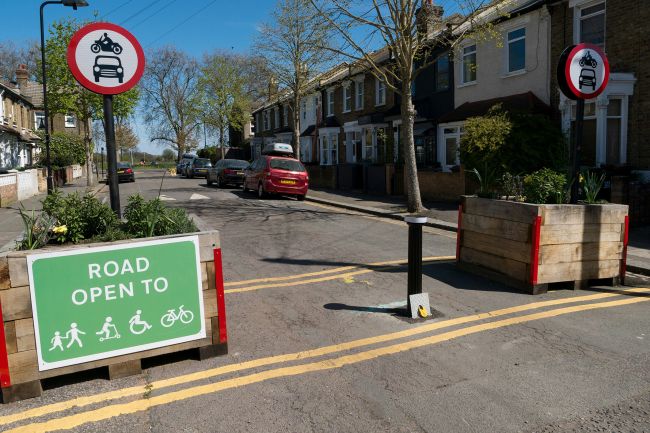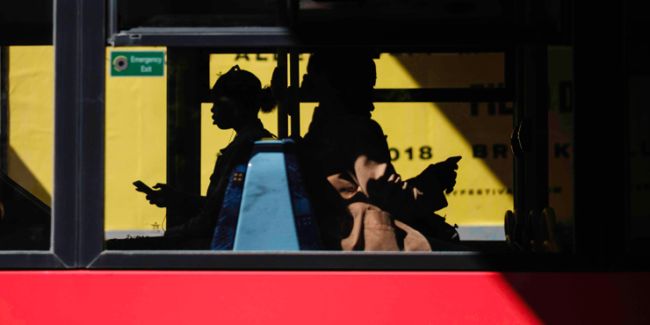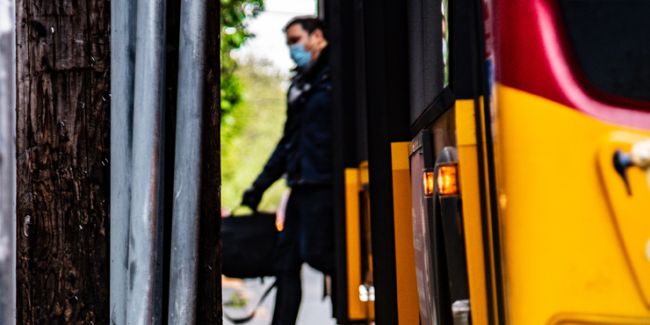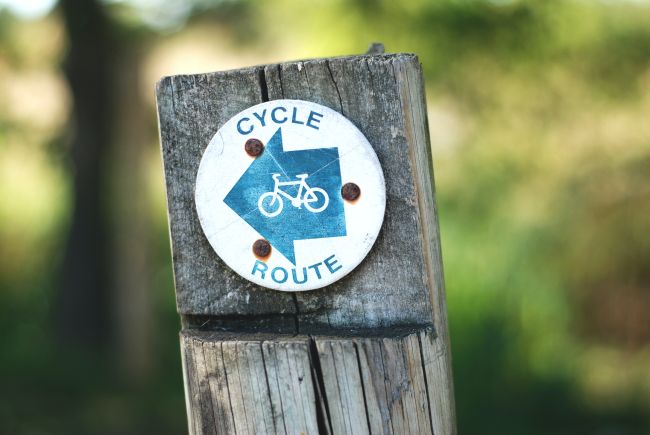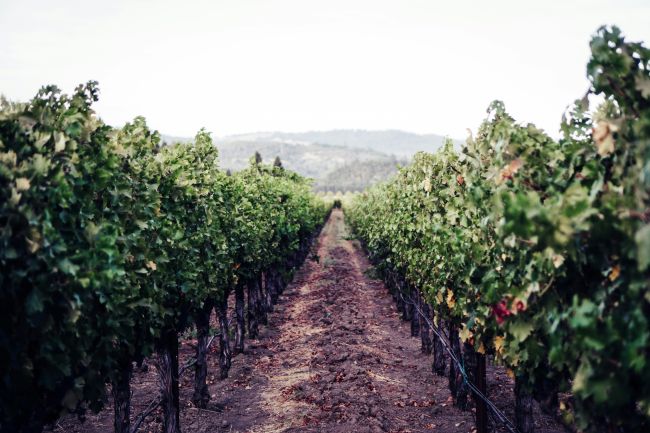How Behavioural Insights can help us to predict and influence the return to work
Everyone has seen the benefits of less traffic during COVID-19, so we might ask “can this be made part of the new normal?”
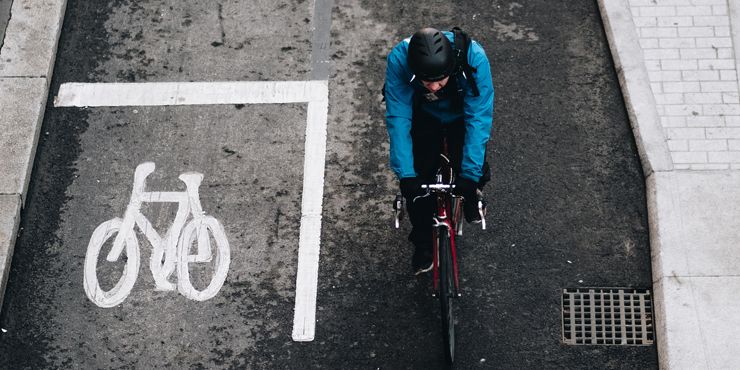
Now we’re past the peak of the Covid-19 pandemic and starting to think about life post lockdown, two questions are, “how quickly will people return to work?”, and “what will the ‘new normal’ way of working look like?”. Since everyone has seen the benefits of less traffic, we might also ask “can this be made part of the new normal?”. Just as science has helped to minimise the impact of Covid-19, behavioural economics and the insights gained from it can now help with us with predicting and influencing what happens post-pandemic.
One thing is for sure, Covid-19 has stirred up the status quo and broken people’s travel habits, making them more susceptible to being nudged towards a more active and sustainable lifestyle. On the other hand, a new habit has been created involving keeping at least 2 metres apart: this is clearly not conducive to the use of public transport and is an inducement towards more single occupancy car travel.
Given the behavioural effects[1] at work such as Status Quo Bias and Herd Behaviour, the return to a new normal could be quite protracted and could end up being a relatively unsustainable car-dominated future. However, having experienced the benefits of a relatively traffic-free environment and other positives such as an increased sense of community and belonging, the Endowment Effect suggests people will be open to trying not to lose some of the benefits of lockdown.
A challenge for anyone looking to speed up the return to normality, while also ensuring that the new normal is an improvement on the old one, is that everyone’s situation will be different. Some will be itching to get back to work and be in contact with friends and colleagues, others will be fearful of breaking social distancing rules which are now engrained.
Attitudes towards different forms of transport will also vary widely. Some may have used their bicycle for their daily exercise during the lockdown and may be ready to try cycling to work, some may need some support to help them get back to using the bus, tram or train, and some may be looking to see how they can continue to reduce their need to travel by having virtual meetings. In fact, undertaking activities in a virtual rather than physical world is one potentially positive legacy of Covid-19 and Steer has been able to take advantage of a new acceptance of doing things online to progress projects that otherwise would have stalled, such as virtual consultation events, virtual council planning meetings and virtual one-to-one employee engagement.
We are now seeing that personalised one-to-one conversations undertaken via online video can be a way of helping companies speed up the return to work while doing so in a way in which maximises active and low carbon travel. This new normal way of undertaking travel planning activities we are calling Virtual Travel Planning (VTP) and this brings together three key elements: individualised travel information, motivational interviewing techniques, and behavioural insights.
This means that our travel advisors are trained in motivational interviewing and in the various behaviour change techniques associated with known behavioural effects such as Status Quo Bias, Herd Behaviour, the Endowment Effect, the Desire to Belong, the Need to be Empowered along with many others. Since the conversations are one-to-one the advice can be tailored to the needs, constraints and preferences of the individual.
To find out more about Virtual Travel Planning and how it can be used to help the return to work and to encourage the use of active and sustainable travel modes contact Simon Hollowood.
